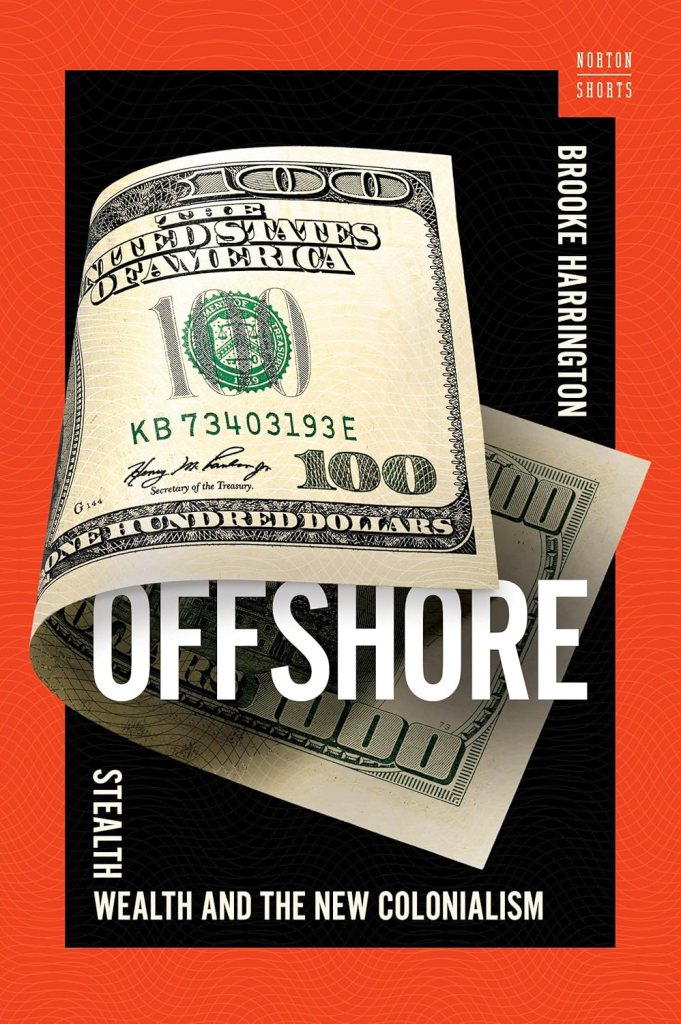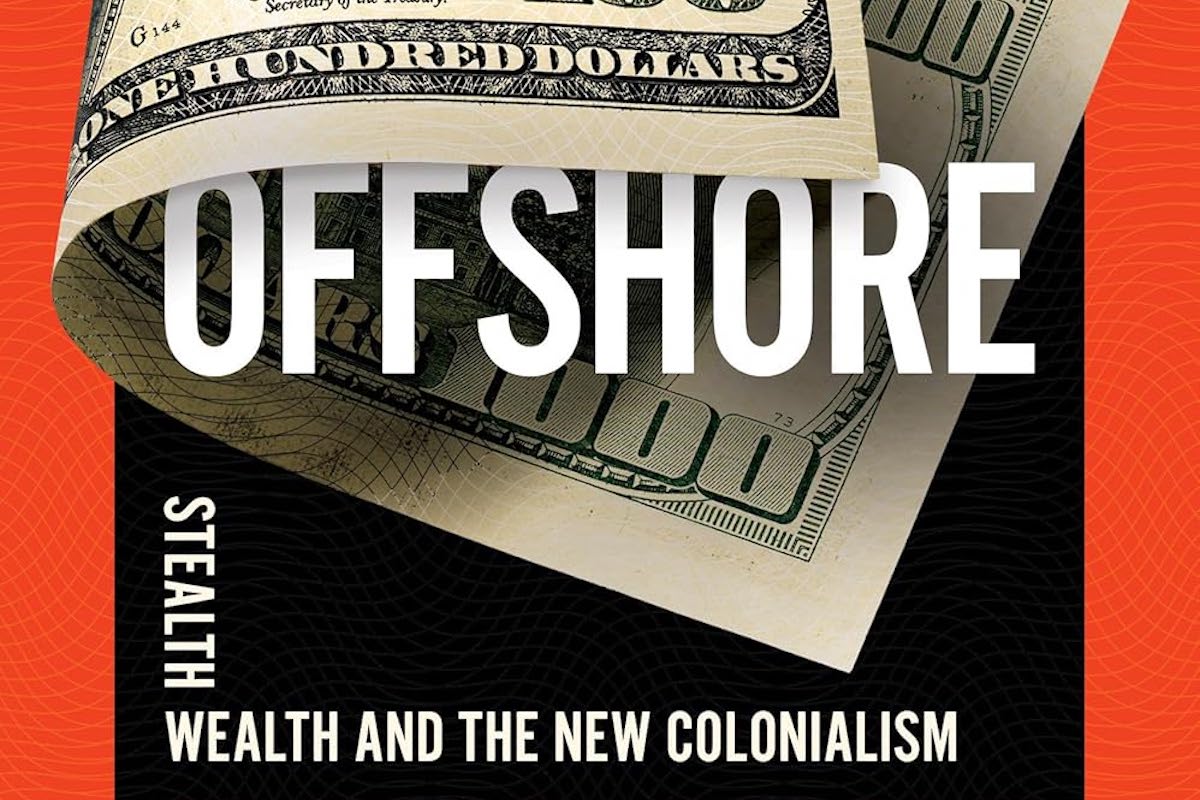
The world of elite and oligarchic money is shrouded in secrecy. A series of leaked documents — the Panama Papers, Paradise Papers, and Pandora Papers — allowed the public a rare peek inside the walls of offshore finance in places like the Cayman Islands, Bermuda, Jersey, the British Virgin Islands, as well as Delaware and South Dakota in the United States. But while these revelations caused considerable public outrage, little has been done to deter tax avoidance by wealthy individuals and multinational corporations.
At the end of 2022, economist Gabriel Zucman and his colleagues from the University of California Berkeley estimated that at least $12 trillion in private household wealth is hidden in offshore accounts. The origin of some of this wealth is illicit, derived from bribery, theft, or organized crime.
As Brooke Harrington writes in her excellent new book, Offshore, there’s virtually no way a journalist can pierce the veil of secrecy and speak to oligarchs directly, so Harrington did the next best thing: She spent hundreds of hours talking to wealth managers, or, “secrecy“ managers as she refers to them. When she began studying offshore finance in 2007, she’d been an economic sociology professor for nearly a decade with two books under her belt. She wanted to make sense of the economic and political inequality spiraling beyond control worldwide. Aided by a research fellowship, she spent two years learning about the wealth management industry, spending $50,000 on tuition to earn a recognized professional credential. Women are a rarity in the ranks of wealth managers, though Harrington turned this to her advantage: “My mere presence as a woman in a place so overwhelmingly populated by male attorneys, bankers, and other financial experts was read as an invitation for them to hold forth and explain things to me.”
The aforementioned leaks did little to constrain the system of offshore finance. It’s as sophisticated as ever. Wealthy people who are dismissive of basic principles like equality before the law, economic stability, free markets, and social solidarity can still hide their money from tax authorities and creditors. Some of these people believe themselves to be exempt from the rules, regulations, and laws that bind the rest of us; they’re transnational, mobile, and pledge allegiance to no country or government authority. Harrington quotes Silicon Valley mogul Peter Thiel’s preface in the 1997 book, The Sovereign Individual, in which Thiel declared, “Commanding vastly greater resources and beyond the reach of many forms of compulsion, the Sovereign Individual will redesign governments and reconfigure economies.”
One need only look at the role Elon Musk, an unelected billionaire, is playing in the Trump administration to see a Sovereign Individual at work. In December 2024, CNN reported that Musk gave the Trump campaign and Republican candidates a quarter of a billion dollars. Part of the Trump-Musk drive to shrink the size of the federal government includes slashing funding for the Internal Revenue Service. If successful, this will be a boon to wealthy interests. According to Harrington’s research, some 36 percent of all unpaid federal income tax is directly attributable to the top one percent of earners. She writes, “If they were simply to pay the taxes they owe — not more tax, only what is due under present-day law, that would generate $175 billion in additional funds each year. By some estimates, that’s enough to lift every American out of poverty.”
A joint paper published by Harvard University and the Department of the Treasury in 2023 noted that every dollar the IRS invests in auditing the tax returns of the ultra-wealthy yields twelve dollars in additional tax revenue.
Harrington writes with uncommon clarity. Offshore may only be 120 pages long, but it’s a powerful book whose main ideas any general reader can grasp and assimilate. “Offshore finance doesn’t just make a few people exceptionally wealthy and powerful,” writes Harrington, “it diminishes other citizens’ ability to participate in the political system on equal terms, and it weakens the institutions meant to serve the common good.”
This review originally appeared in the California Review of Books.


